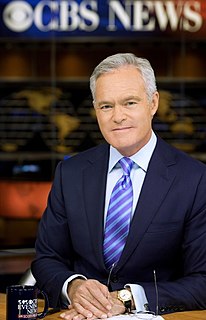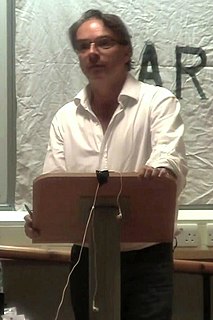A Quote by Koichiro Matsuura
It is intolerable that around 1 in 5 of the world's adults are illiterate. How can we build equitable information societies or thriving democracies if so many remain without the basic tools of literacy?
Related Quotes
The link between literacy and revolutions is a well-known historical phenomenon. The three great revolutions of modern European history -- the English, the French and the Russian -- all took place in societies where the rate of literacy was approaching 50 per cent. Literacy had a profound effect on the peasant mind and community. It promotes abstract thought and enables the peasant to master new skills and technologies, Which in turn helps him to accept the concept of progress that fuels change in the modern world.







































